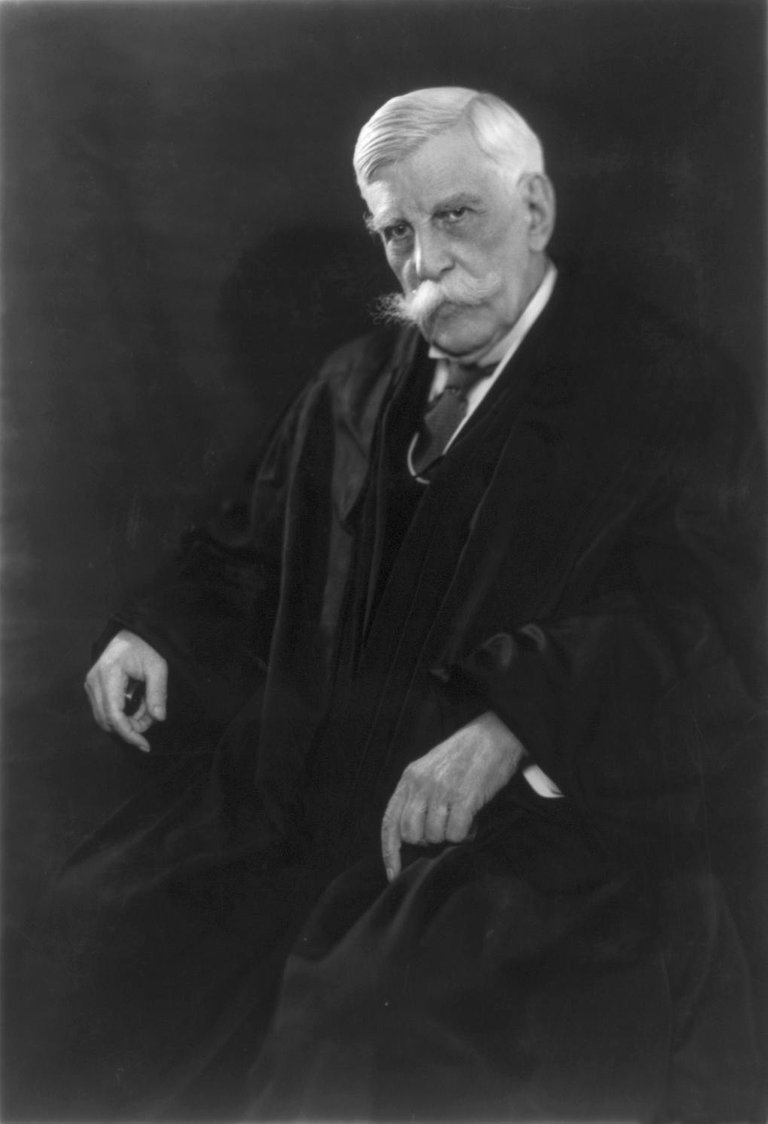
Holmes argues that natural law is a flawed concept for the progressive movement. As society changed, he promotes the idea of a new type of law, something that would fit their society at the present age. Holmes argues that if natural law is accepted by a jurist, that jurist must also believe that other men follow it. In reality, these men believe in the “Ought” of natural law. Here Holmes lays the foundation for what should be universally accepted as a law to protect people such as the protection of property and marriage, but anything other than these circumstances should be left for questioning. Holmes goes further into question natural law by striking at its idea of a divine code of morals. He argues that we should continue to seek the truth unless somehow we discover a cosmic truth if it exists. By questioning the functionality of natural law in their era, Holmes creates the movement of legal realism.
I believe Lincoln would agree with Holmes that Natural law should be put into question. During Lincoln’s time, there were two opposing forces in America, pro- and anti- slavery. Due to the slave owners investments, and because of the tradition of slavery, these concepts were deeply interwoven into Southern society. Slave owners were using natural law to defend their right of possessing slaves, because of their status as property. Lincoln, on the other hand, thought it to be against Natural Law to keep slaves because it deprives them of liberties they deserve as men. Holmes's theory of a changing law would resonate with Lincoln since they were trying to limit the expansion of slave owners who thought they were right by natural law, but at the same time were years behind Europe in social conscience. Just as Holmes believed that society had changed from the colonial era to an industrial era, Lincoln believed that the moral mindset of the institution of slavery should also change from its colonial roots.
You've written a very dense post -- there's a lot to consider here.
The idea of natural law can be thought of as a positive thing (i.e. we all innately know that some things are good/bad) or a negative thing (e.g. a Lord of the Flies-type environment). In either case, it is separate from positive laws; in other words, the laws on the books may be based in "natural law," but the two are separate entities.
This leads to my question: What did Holmes think should be the basis of positive law, if not natural law -- utilitarianism? libertarianism?
Congratulations @bostonkreme1! You have completed some achievement on Steemit and have been rewarded with new badge(s) :
Click on any badge to view your own Board of Honor on SteemitBoard.
For more information about SteemitBoard, click here
If you no longer want to receive notifications, reply to this comment with the word
STOPCongratulations @bostonkreme1! You have completed some achievement on Steemit and have been rewarded with new badge(s) :
Click on any badge to view your own Board of Honor on SteemitBoard.
For more information about SteemitBoard, click here
If you no longer want to receive notifications, reply to this comment with the word
STOP